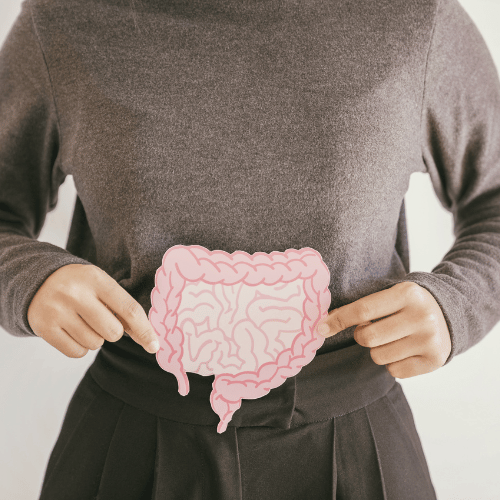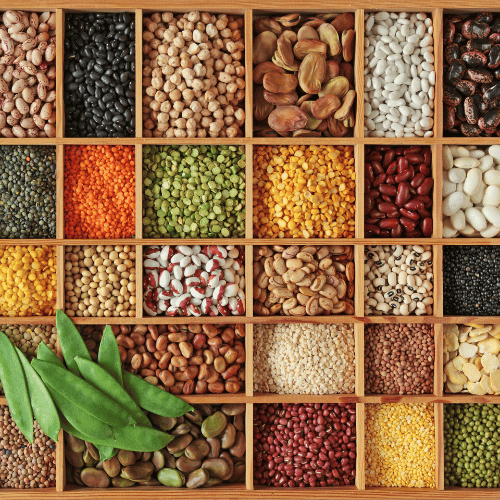- admin
- June 13, 2024
- No Comments
Gut Health
Ever think about how important the health of your gut is to your overall health? The gut, which is sometimes called the “second brain,” is an important part of digestion, the immune system, and even mental health. This article tells you everything you need to know to keep your healthy gut, from what to eat to the importance of probiotics.
Understanding Gut Health
Gut health refers to the balance and function of microorganisms living in your digestive tract. These microorganisms, collectively known as the gut microbiota, are essential for digesting food, absorbing nutrients, and maintaining a robust immune system. A healthy gut microbiota is diverse, with a wide range of beneficial bacteria that outcompete harmful pathogens.


The Importance of Gut Health
Having a healthy gut is linked to many parts of your overall health, such as:
- Digestion and Nutrient Absorption: breaking down food well and taking in nutrients.
- Immune System Function: The gut is home to a large part of the immune system.
- Mental Health: The gut-brain axis affects how we feel and how well our brains work.
- Chronic Disease Prevention: Having a healthy gut can lower your risk of getting long-term diseases like diabetes, heart disease, and obesity.
Diet Tips for Maintaining a Healthy Gut
What you eat has a big effect on the health of your gut. Here are some food suggestions that will help you keep your gut healthy:
1. Eat a Diverse Range of Foods
A more diverse microbiota can be good for gut health and can happen when you eat a lot of different foods. Different kinds of fruits, vegetables, whole grains, and proteins should all be a part of your diet.
2. Focus on Fiber-Rich Foods
Fiber is very important for gut health. It feeds the good bacteria in your gut, which is called a prebiotic. It should have foods like:
- Fruits and Vegetables: Apples, bananas, broccoli, and leafy greens.
- Whole Grains: Oats, quinoa, and brown rice.
- Legumes: Beans, lentils, and chickpeas.
3. Incorporate Fermented Foods
Probiotics are good bacteria that help keep your gut healthy, and fermented foods have a lot of them. Including foods such as:
- Yogurt: Contains live cultures that aid digestion.
- Kefir: A fermented milk drink with multiple strains of beneficial bacteria.
- Sauerkraut and Kimchi: Fermented cabbage loaded with probiotics.
- Kombucha: A fermented tea that promotes gut health.
4. Limit Processed Foods and Sugars
Eating a lot of processed foods and sugar can throw off the balance of bacteria in the gut, which can help bad bacteria grow. Lessen your intake of:
- Sugary Drinks and Snacks: Sodas, candies, and pastries.
- Refined Grains: White bread and pasta.
- Processed Meats: Sausages, hot dogs, and deli meats.
5. Stay Hydrated
It is important to drink a lot of water for digestion and to keep the mucosal lining of the intestines healthy. Try to drink eight glasses of water every day.


The Role of Probiotics in Gut Health
When eaten in the right amounts, probiotics are live microorganisms that are good for your health. They help keep the microbiota in the gut in balance and support a healthy digestive system.
Benefits of Probiotics
- Enhancing Digestive Health: Help prevent and treat diarrhea, even diarrhea caused by antibiotics. They also improve digestive health.
- Boosting Immune Function: Probiotics improve the immune system by encouraging the creation of natural antibodies.
- Reducing Symptoms of Digestive Disorders: Probiotics can help people who have irritable bowel syndrome (IBS) and inflammatory bowel disease (IBD) feel better.
- Improving Mental Health: Some types of probiotics have been linked to fewer signs of stress, depression, and anxiety.
Sources of Probiotics
- Supplements: Available in capsules, tablets, and powders.
- Fermented Foods: Yogurt, kefir, sauerkraut, kimchi, and kombucha
Tips for Choosing Probiotic Supplements
When choosing probiotic supplements, think about the following:
- Strain Diversity: Look for a product that has more than one type of bacteria.
- Colony Forming Units (CFUs): Pick a supplement that has a high CFU count, usually in the billions.
- Storage Requirements: Some probiotics need to be kept in the fridge to keep their effectiveness.


Additional Strategies for Gut Health
In addition to what you eat and probiotics, here are some other things you can do to help your gut health:
1. Manage Stress
Stress that lasts for a long time can hurt gut health. Use techniques to reduce stress, such as:
- Meditation: Helps calm the mind and body.
- Exercise: Regular physical activity supports overall health and reduces stress.
- Adequate Sleep: Aim for 7-9 hours of quality sleep per night.
2. Avoid Unnecessary Antibiotics
Antibiotics can throw off the balance of bacteria in the gut. Only take them as your doctor tells you to and make sure you finish the whole course.
3. Regular Physical Activity
By increasing the variety of bacteria in the gut, exercise helps keep the gut healthy. Aim to work out at a moderate level for at least 150 minutes every week.
Conclusion
Taking care of one’s digestive system is essential to one’s general health. One way to improve digestive health is to eat a diet high in fiber, fermented foods, and probiotics. This will help your gut microbiota. Optimal gut function also requires regular exercise, adequate hydration, and stress management. Improving your gut health and general well-being can be as simple as starting to implement these strategies today.







